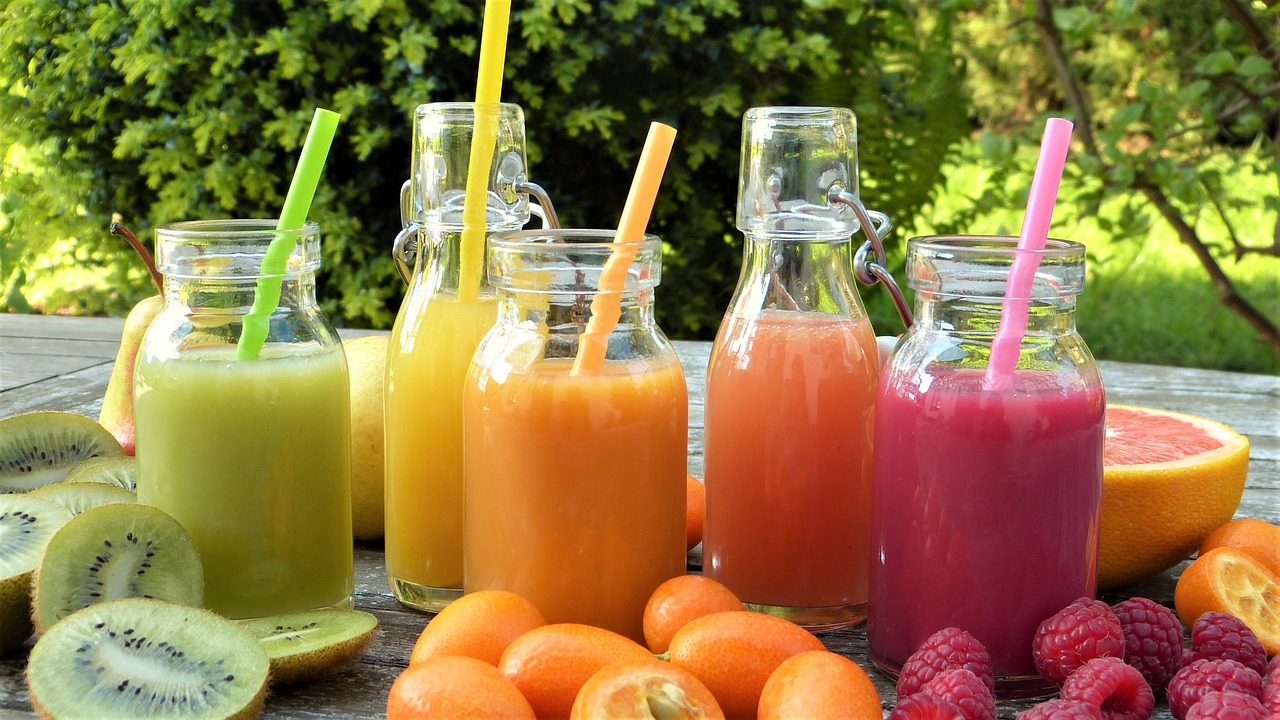Reaction: free sugars are associated with increased risk of cardiovascular disease
Research analysing data from more than 100,000 people in the UK followed for nearly a decade concludes that a higher intake of free sugars - added sugars or those naturally present in honey and fruit juice - is associated with an increased risk of cardiovascular disease. The study is published in BMC Medicine.

Milagros Rocha - azúcares EN
Milagros Rocha
Senior Researcher at FISABIO-Dr. Peset University Hospital
Cardiovascular disease (CVD), which includes conditions such as ischemic heart disease (IHD) and stroke, is one of the leading causes of death globally. According to the World Health Organization (WHO), over 17.9 million people died from CVDs in 2019, accounting for 32% of all global deaths. It is a major public health challenge and efforts are underway to prevent and control it through lifestyle changes, risk factor management and timely medical intervention.
Among these lifestyle changes, increasing evidence suggests that the quality of carbohydrates consumed may be a stronger factor in determining the outcome of cardiovascular disease than the amount consumed. In this regard, the research conducted by Kelly et al. sheds light on the relationship between different types and sources of dietary carbohydrates and cardiovascular disease risk. The cohort study published in the leading journal BMC Medicine has high quality indicators not only because of the sample size, but also due to the confounding factors taken into account such as ethnicity, education, alcohol intake, smoking, physical activity, menopausal status, body mass index, intake of saturated fatty acids, and average daily intake of energy and fruit and vegetables, in order to draw their conclusion. The study included a total of 110,497 individuals from the UK and had a median follow-up period of 9.4 years, during which there were 4,188, 3,138, and 1,124 cases of incident total CVD, IHD, and total stroke, respectively.
The results showed that the overall intake of carbohydrates was not linked to cardiovascular disease outcomes. However, a higher intake of free sugars was positively associated with total cardiovascular disease (7%), ischemic heart disease (6%) and stroke (10%). On the other hand, by means of adjusted statistical modelling they were able to establish that a 5g/d increase in fibre intake and the substitution of 5% of energy from refined grain starch for whole grain starch reduced 4% and 6% of total cardiovascular disease, respectively. A similar effect was obtained when replacing free sugars (all monosaccharides and disaccharides added to foods, plus sugars naturally present in honey, syrups, and unsweetened fruit juices) with non-free sugars (mostly naturally present in fruits, vegetables, and dairy products), reporting a 5% reduction in total cardiovascular disease and a 9% in stroke. Finally, the association between intake of free sugars and triglycerides in all subclasses of lipoproteins could potentially be involved in the increased risk of ischemic heart disease, while the mechanisms underlying the increased total stroke risk remain unclear.
In summary, the quality rather than the quantity of carbohydrates could be a determining factor to keep cardiovascular risk in line.
Rebecca K. Kelly et al.
- Research article
- Peer reviewed
- Observational study
- People



